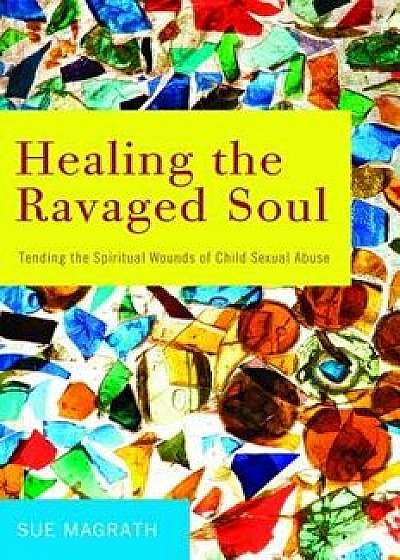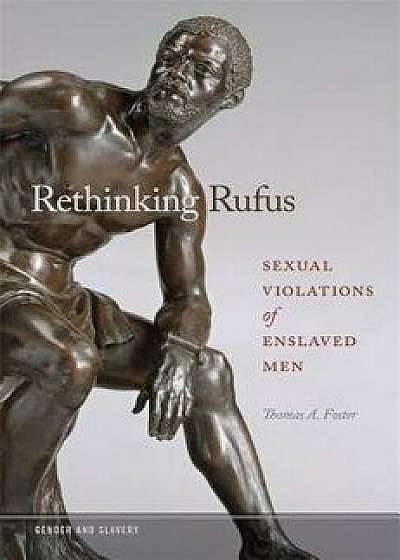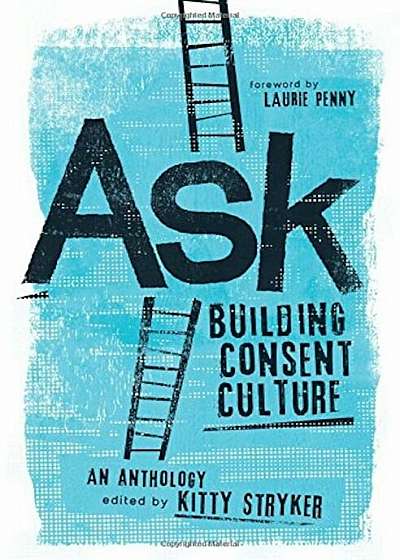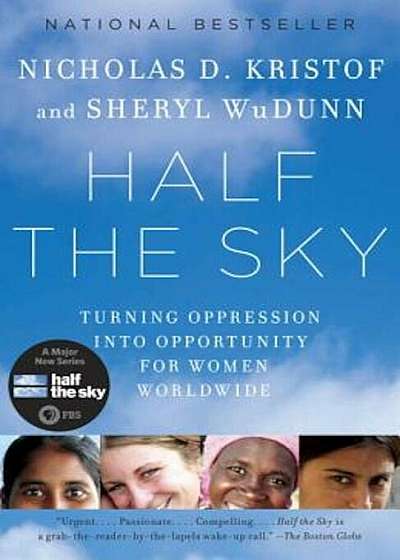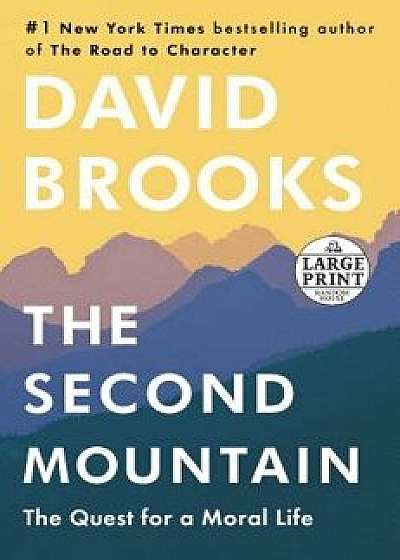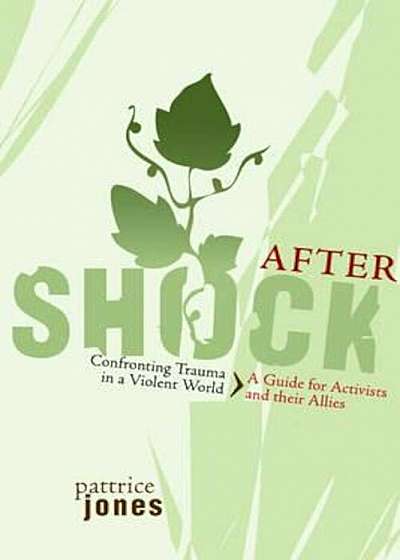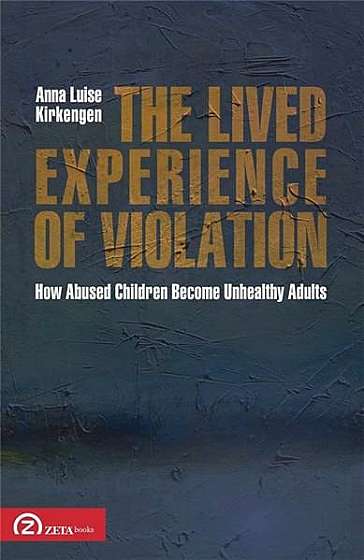
The Lived Experience of Violation: How Abused Children Become Unhealthy Adults
Descriere
This powerful book documents in compelling detail, and with great compassion, the long-term consequences of early life abuse and neglect as they affect health throughout life. The book highlights the importance of eliciting each person’s story as a means of achieving relief from the emotional and physiological consequences of early life adversity. In so doing, the book also provides a provocative reflection upon the relationship between brain and mind. Furthermore, it argues that modern biomedical science needs to elaborate a more sophisticated appraisal of an individual’s reflections upon salient lifetime experiences, since they are key for understanding how these experiences affect health through biological pathways that, on the one hand, promote adaptation and, on the other hand, can be dysregulated and cause damage. (Bruce McEwen, Ph.D., Alfred E. Mirsky Professor, Rockefeller University, New York) Dr. Kirkengen has produced a remarkable and revolutionary work. She has validated the personal experiences of abused persons in a totally new way. She has drawn upon a philosophy of phenomenology to establish the truth of the “lived experience”. She brings the “phenomena” of lived experience closer to the “noumena” that might have been observed by uninvolved witnesses had such persons been secretly watching the abusive events that affected the people she describes. This book discards conventional clinical processes and conventional medical research processes for the assessment of sick persons and their conditions. Conventional epidemiology, also takes its lumps. Conventional medical thinkers may have some difficulty with digestion of Kirkengen’s conceptualizations. This book should be read by all medical doctors, who have an interest in violence and abuse. Most of them will find it very useful in framing the problems that their patients bring to them. It will also be useful in producing precise definitions of the specific acts that our society must learn to prevent if we are to get healthy. (David L. Chadwick, MD, Director emeritus, founder of the Chadwick Center for Children and Families, Rady Children’s Hospital and Health Center, San Diego, USA) The Lived Experience of Violation will probably be the decade’s preeminent text on comprehensive medical practice. Case-based and elegantly written by a physician with superb interviewing skills, it advances the earlier work of Alvarez, Balint, Magraw, Engel, and Barbour, taking us beyond the pattern recognition of conversion reactions or the mechanisms of psychophysiologic reaction, and into the depths of personal illness: abusive life experiences that are common, yet comfortably unrecognized in medical practice as being basic causes. The numerous citations are a major asset in supporting our evolving understanding of the progression from life experience to structural disease. This is a clinically relevant, erudite, and philosophically profound book that challenges us to reach our full capability as physicians. (Vincent J. Felitti, MD, Clinical professor of medicine, University of California, San Diego, and principal investigator of the Adverse Childhood Experience Study, ACE Study) In The Lived Experience of Violation, Dr. Kirkengen shows incisively how the mind-body dualism inherent in medical thinking leads to decontextualizing the understanding of health problems from their life contexts and sociocultural settings. Making use of her extensive clinical and research experience in medicine, along with a deep understanding of phenomenology and ethics, she shows the devastating consequences of such thinking: medicine, as currently practiced, is unable to address adequately the health problems (including so-called functional disorders) associated with the all-too-common experience of trauma. Dr. Kirkengen brilliantly elucidates the toxicity of violation, humiliation, and objectification, particularly if silenced and unseen. In the conceptual framework she offers, personal experience assumes its rightful place in our understanding of health, and the body becomes truly and fully human. By showing health care practitioners and researchers how to read the meaning of the body, Dr. Kirkengen opens the door to the possibility of true healing. The Lived Experience of Violation should be required reading for all who are involved in providing health care, whether through direct services, research, policy, or law. This book does nothing less than alter the epistemology of health. It is the stuff of which paradigm shifts are made. (Jacqueline Golding, Ph.D., Psychologist, Professor, University of California, San Francisco, author of Healing Stories: Picture Books for the Big and Small Changes in a Child's Life) This is the most important book on women’s health to appear in the past several decades. To the same extent it is also about men’s health. It examines the ethical health of the biomedical system in that “the human body is consistently conceptualized as biologically determined and of male stature.” Biomedicine is consistently unable to understand -- let alone able to treat -- women’s bodies in such a narrow context. It is a breathtakingly coherent and rational deconstruction of the biomedical system since Dr. Kirkengen works within the system. She shows through her voice and the voices of her patients the inability of biomedicine to regard the body whether male or female, including the experience and the context of the client’s pain and suffering, as undivided and constantly interacting with an equally living environment. Declaring that such relational and contextual “ethics must therefore take precedence over all their (physicians) training and knowledge,” Dr. Kirkengen guides the reader into a deep well of compassion, kindness and altruism that is simply missing from the core of medical practice or marginalized as irrelevant. Her voice is clear, authoritative, steady, compelling and never misses a beat to the book’s conclusion that people are whole and embodied beings who seek meaning and integration of life experience especially when encountering the Western health care system. (Michael J. Shea, Ph.D., Shea Educational Group, Inc.) I first got to know Dr. Kirkengen’s works in the late 1990s. That was an eye-opener for me, both as a clinician and a medical teacher. Through her research I got a deeper understanding of the causes of complex health problems and diseases. My use of lab. investigations and referrals decreased. I also realized that an ‘irresponsible’ lifestyle can often be rooted in boundary violations and I teach my students to listen more and moralize less. In total, my work has become more effective and rewarding. Dear colleagues, this is a book you should read! (Johann Ag. Sigurdsson, Professor of Family Medicine, University of Iceland) In reading Dr. Anna Luise Kirkengen's bold and brilliant book, the reader is left wondering what doctors today really know about their patients' lives. This comprehensive work not only examines the ethical and scientific approach to treating disease, but also insists that medical professionals, if they are truly to be healers, must not avoid the human "meaning" and "experiences" that lead to disease. (Susan Madden Lankford, Humane Exposures, San Diego) Over two decades ago, I published my first book, Becoming Mature: Childhood Ghosts and Spirits in Adult Life. This was a study of the lives of fifty-three women who were all functioning well in their roles as wives and mothers, university students, and in their careers in health care, education, administration and business. (The 1980s was a decade when women who had become wives and mothers began to enter the work force and universities in large numbers.) The women were not selected because they were abused or had undergone special hardships as children. The study was to discover how their childhood relationships may have helped or hindered them in their current multiple roles. Much to my surprise, all but two of the fifty-three women reported experiencing painful adversities of some kind as children which still had an impact on their functioning as parents, wives, students and professionals. The same ‘significant others’ may have been both what I called “ghosts”, voices from the past that haunted them with negative attributions or painful memories, and/or “spirits” who inspired them to think well of themselves and be successful. I did not realize that at the time I had a colleague working in Norway, Dr. Kirkengen, who as a medical doctor observed with acute sensitivity the ways in which abuse experiences from childhood manifested in later life as illnesses, sometimes life threatening. Dr. Kirkengen found some amazing parallels to what I had discovered. One example, is what I called (borrowing from Norman Denzin) the ‘emotionally divided self’. Here the person functions very well in public settings but suffers from pain or abuse experienced in childhood. Sometimes the person transfers this pain or abuse to others. Applying her finely-honed vision as a phenomenologist, Kirkengen astutely presents in-depth case studies which involve “splitting”, “vicious circles” or “violent trajectories.” As a medical doctor and a phenomenologist, Kirkengen pulled together the direct experiences of patients with their presenting pains and problems and their lived experiences of pain from the past. Kirkengen’s work is truly a remarkable feat of the utmost importance to the future of medicine, education, healthcare and general well-being. She has shown that traumatically induced pain is likely to be triggered by some current medical practices which evoke the embodied memories of these events. Her work makes apparent that medical research cannot fully ascertain the effectiveness of practices of medicine and patient symptoms without an expanded vision into patients’ histories and experiences. Kirkengen reveals how hidden stories will come out, and that those interested in healing should work with the lived experience of whole persons. (Valerie Malhotra Bentz, Ph.D., Professor, School of Human and Organizational Development, Fielding Graduate University Research Professor, Santa Barbara Graduate Institute)
